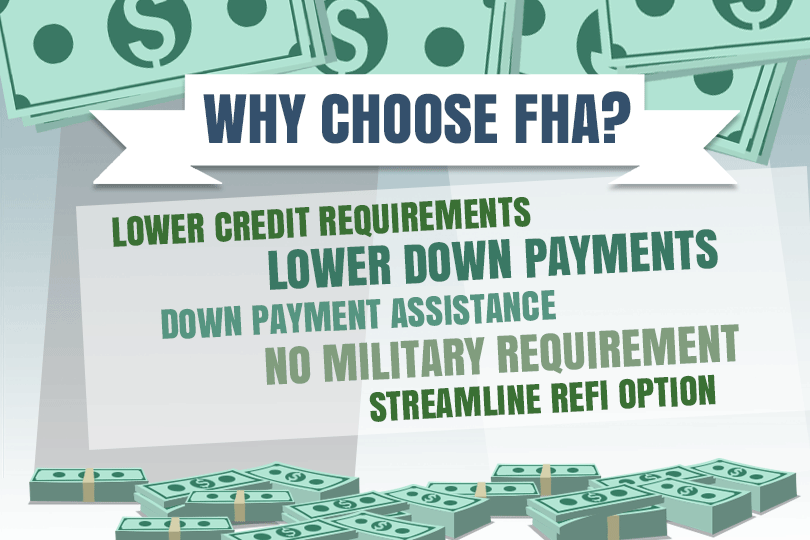Why Your FHA Loan Transaction Requires Escrow
November 12, 2024
Requirements to use escrow accounts typically stems from a need to protect all parties involved in the transaction, but particularly the following:
Protecting The FHA Lenders' Investment
Escrow accounts serve as a safeguard for lenders by guaranteeing the payment of property taxes and insurance premiums.
Delinquent taxes can result in tax liens. These liens are problematic because they assume priority over the mortgage, potentially jeopardizing the lender's financial stake in the property.
Failing to pay on time for insurance coverage exposes the property to potential damage or loss, again placing the lender's investment at risk. Using escrow protects against these problems.
Protecting Borrowers from Financial Strain
Escrow accounts help the borrower budget by converting annual or semi-annual expenses into smaller, more manageable monthly payments. Avoiding a lump sum payment is a key benefit when using escrow.
Navigating Escrow Account Setup: Fees and Costs
Lenders typically require an initial deposit when establishing the escrow account. This deposit covers the upfront costs of property taxes, homeowners insurance, or other related expenses. The specific amount varies based on the property's location, assessed value, and the time of year.
While escrow accounts generally do not incur separate fees, some lenders may impose a nominal administrative fee for managing the account. This fee, if applicable, will be disclosed in your loan documentation.
What To Ask Your Lender About Escrow
When applying for an FHA mortgage, ask your lender how much property taxes might be (estimated) for the address you want to purchase, and ask about the typical budget buyers should include for escrow.
Remember that until you buy the home and finalize your ownership, some costs, including the actual amount of your property taxes that year, may be subject to change due to regulation, state law, lender policy, or FHA loan program requirements.
Ask for estimates, but be ready to adjust those numbers if needed.

FHA Loan Articles
April 30, 2021Buying a house is overwhelming to begin with. Make it a seller’s market, and buyers become even more nervous. Supply of real estate has been low for most of 2021, in part because of the Coronavirus pandemic and the historically low interest rates since 2019.
April 23, 2021No matter what kind of market you’re in, it is always best to get pre-approved before going to shop for houses. The last thing you want is to go look at homes, find the one you love, then have to wait on an approval and lose the dream home to another buyer.
April 11, 2021With the trend of falling interest rates since 2019, the number of mortgage refinances around the country has spiked and continues to rise. Borrowers with FHA loans can also capitalize on the low rates, but it may be possible to simplify the process with the FHA Streamline Refinance.
April 3, 2021Borrowers can choose to refinance for several reasons, but it comes down to prioritizing different benefits. One homeowner may want the lowest possible monthly payment, while another might want the shortest possible term for their loan.
March 29, 2021The FHA helps first-time and low-income homebuyers by having lower down payment requirements for its borrowers. Despite this lower credit eligibility criteria set by FHA, it is important to remember that FHA-approved lenders can set their own requirements







